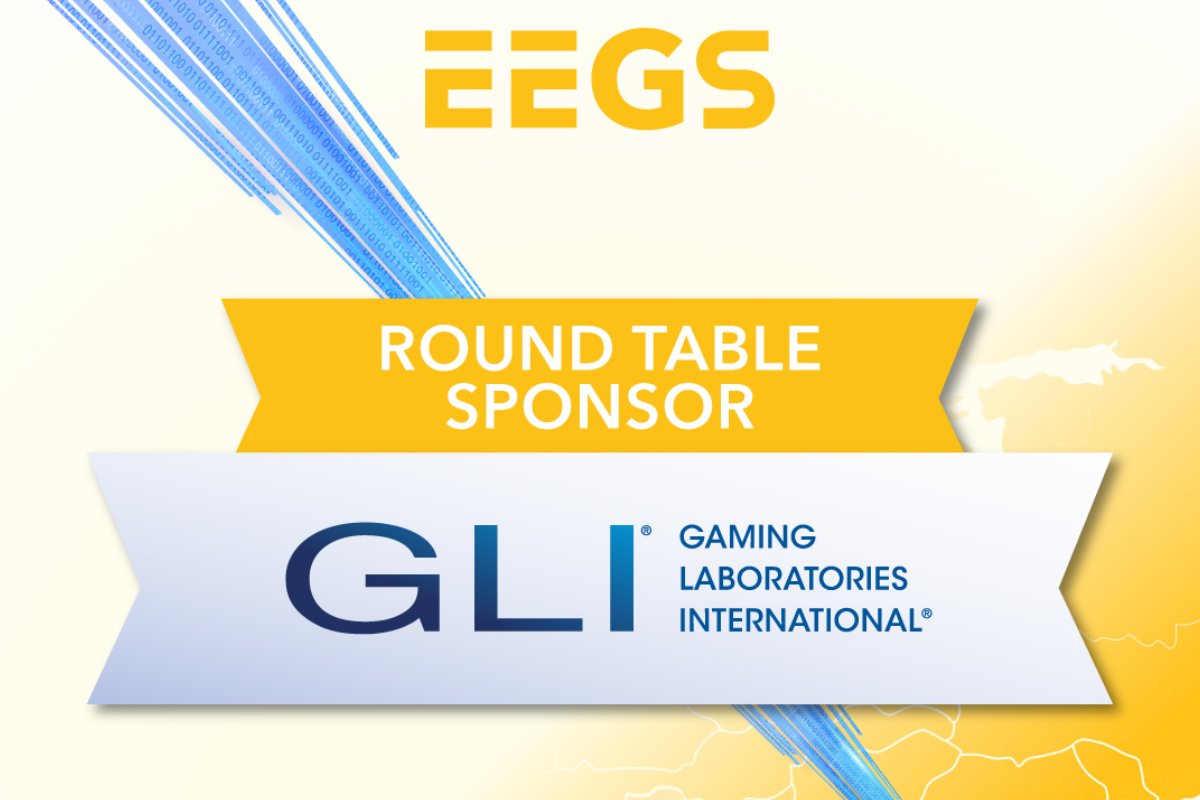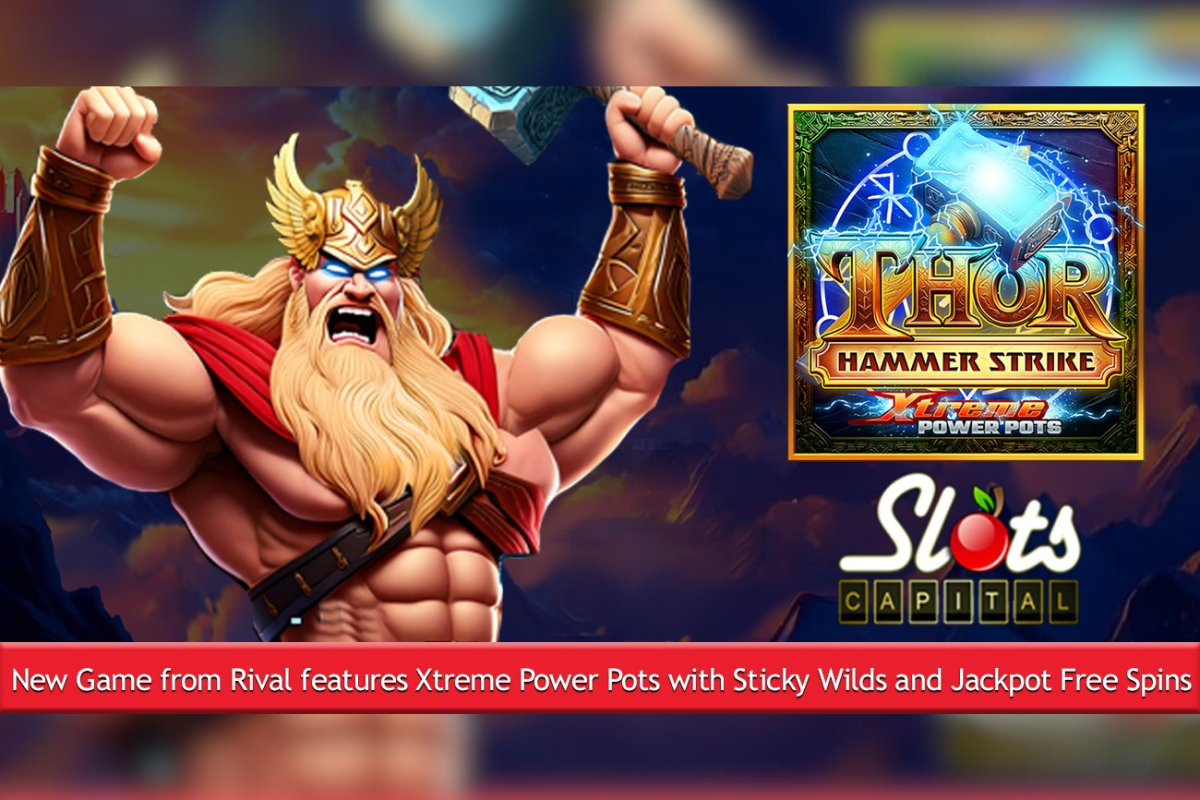Industry News
Word of Mouth: Influencer Marketing in the Gaming Space

Traditionally, Word of Mouth Marketing was considered as a free form of advertising or promotion, except today it’s no longer free. Nonetheless, nothing speaks volumes other than “Influencer Marketing”.
You might be surprised to learn that the gaming industry today is worth over a hundred billion dollars. According to new figures, in 2018 alone, the gaming industry generated an astounding $135 billion amassing a growth of 10.9% from 2017. This year, it is set to make $152.1 billion in global earnings.
These numbers say a lot about how the video game industry is a tough market to crack particularly because, with figures like these, the competition is very stiff, trends are fast-changing, and innovation is at an all-time high. Numerous companies have peaked in prior years but had failed to sustain that success because they were too late to adopt the latest technology or they ran out of creativity to improve their existing game offerings. But today, nothing says “viral” than getting your product or service out through viral marketing.
Live Video Game Streaming
The astronomical growth of the video game industry has opened doors to varied forms of businesses, marketing, and advertising, one of which is live video game streaming. Whoever said people hated watching other people play video games? That’s certainly not Twitch.
Twitch, a live streaming video platform, is a subsidiary of Amazon that focuses primarily on the gaming community. Twitch provides an avenue for gamers and gaming enthusiasts to share and watch their gameplays. Aside from hosting live streams, Twitch is an interactive platform that allows its community to connect with fellow players via Twitch Chat or to leave comments in real-time.
Much like YouTube, Twitch was successful in diversifying its revenue streams. Twitch monetizes its platform through advertisements, subscriptions, and merchandise sales. On average, Twitch has more than 15 million daily active users, making it the leading live video game streaming service in the world to date.
The success of Twitch has drawn in other major players such as YouTube and Facebook. YouTube Gaming Live, for instance, is a specialized channel that enables users to share their live gameplays and stream other people’s gameplay videos. Facebook, on the other hand, has created Facebook Gaming, which similarly, allows users to stream, broadcast, and share their favorite games on the Facebook app. Nonetheless, recent statistics show that Twitch still holds as the dominant player in the live game streaming industry accounting for the largest viewership in comparison to Youtube Gaming Live and Facebook Gaming.
Breaking Into the Limelight
With the ever-increasing number of audiences and patrons, we expect steady growth in the live game streaming industry. A strong and loyal fanbase is one of the strengths of the gaming community. And with people interested in watching gameplays after gameplays of their favorite streamers, and with spectators willing to spend just to see their teams battle it out in big E-sport tournaments, only means one thing in the world of business–profits.
Nowadays, video games are no longer just a hobby, it’s a career. Just like how Instagram stars and Youtube vloggers are a thing, game influencers are celebrities in their own playing field. You have probably heard one too many times how someone broke into the millionaire’s club while playing video games and it’s true, they’re living the dream! Gaming influencers with a significant following have caught the eye of both local and multinational companies reaching out to these personalities to get them to sign a deal.
And in this industry, word of mouth holds more power and influence to convert mere spectators into purchasing viewers. A study by Google showed that 90% of avid gamers would turn to Youtube for game reviews, tips, and video game suggestions with a 64% conversion rate. No wonder streamers are raking in millions of dollars from advertisements and promotions.
Consider the case of PewDiePie as an example. PewDiePie is the top-grossing game influencer today with 101 million subscribers on YouTube and an estimated net worth of $30-$50 million. His income streams all came from online advertisements, collaborations, referrals, and online merchandise sales. His career peaked in 2013 when he was the first YouTuber to reach 15 million subscribers.
The rise to fame of game influencers disrupted the way we do traditional advertising. And in an industry that continues to grow and expand in magnitude, game influencers hold a significant role both in the gaming community and in the business scene.
Truly, “word of mouth” has never been this powerful (and expensive!) as it is today, but as long as influencers are maintaining the quality of their content and are keeping the trust of their subscribers, influencer marketing will continue to move in leaps and bounds.
-

 Asia5 days ago
Asia5 days agoDigital gaming disruption tackled in 1st AsPac Regulators’ Forum
-
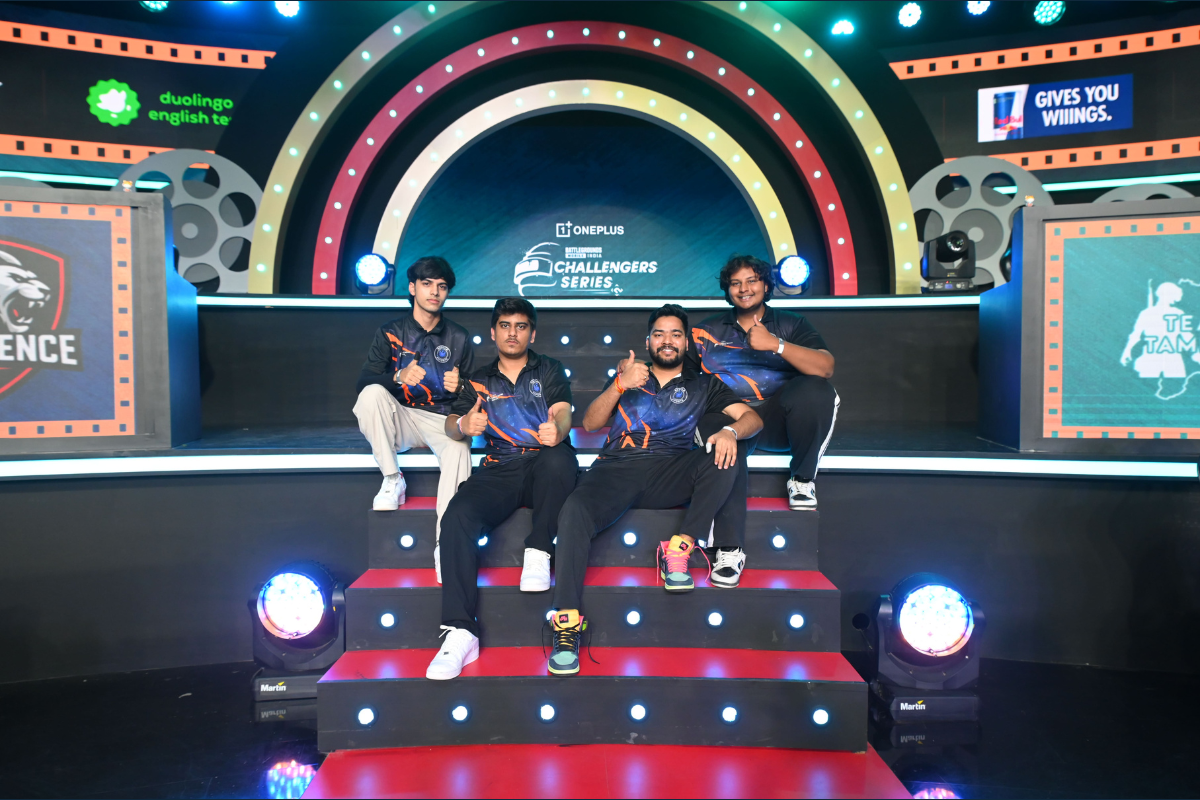
 Asia7 days ago
Asia7 days agoBGCS and BGMS league stages conclude; rising stars set to meet pros in the playoffs
-
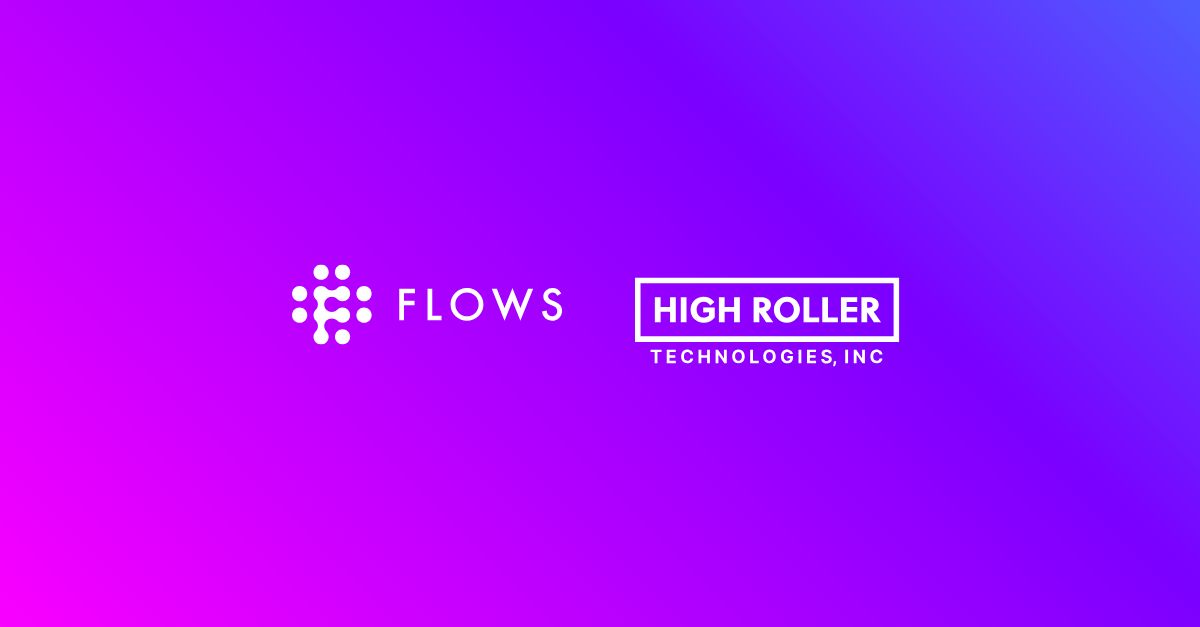
 Latest News7 days ago
Latest News7 days agoHigh Roller Technologies and Flows partner to launch player engagement experiences, with technical integration complete in record time
-
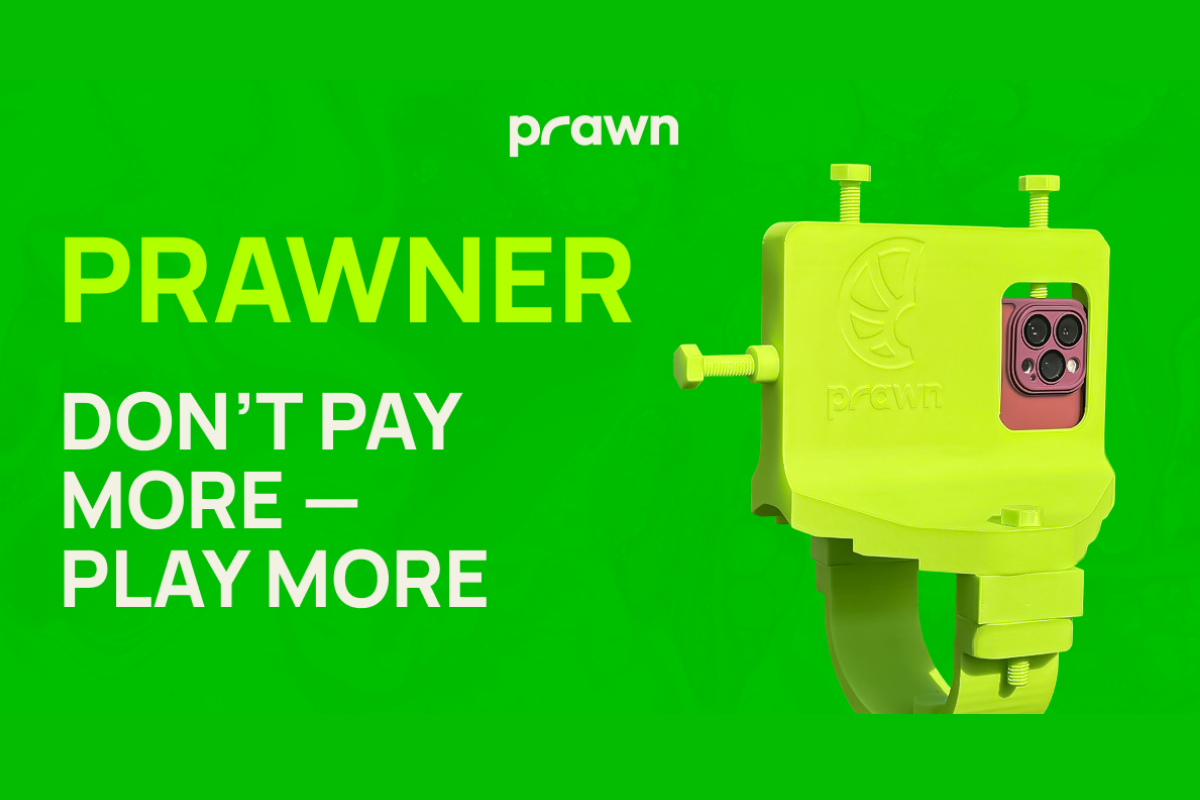
 Central Europe6 days ago
Central Europe6 days agoFootball Stats Startup Challenges Multi-Million Company With Free Publication Of Blueprints
-

 Latest News6 days ago
Latest News6 days agoThe Current State of the German iGaming Market and Its Role in Europe
-

 Eastern Europe7 days ago
Eastern Europe7 days agoSYNOT Games Partners with WIN2
-
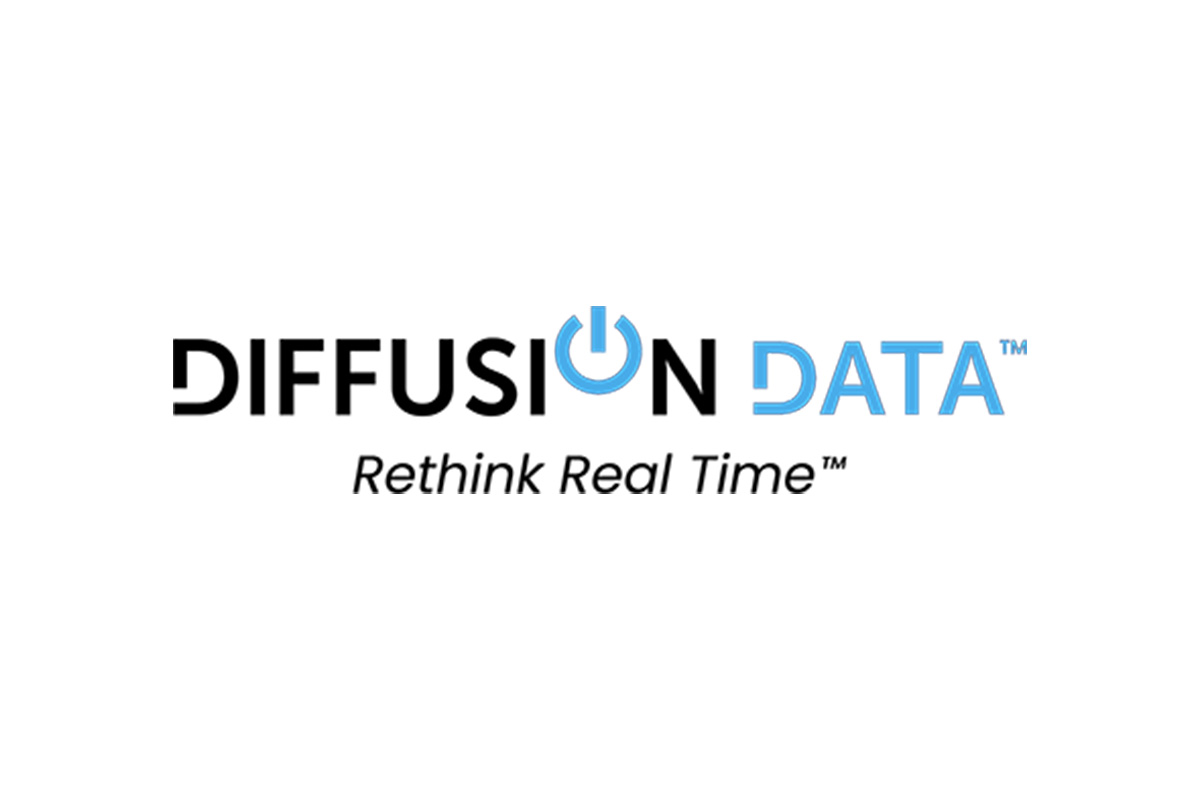
 Latest News7 days ago
Latest News7 days agoDiffusionData Releases Diffusion 6.12
-
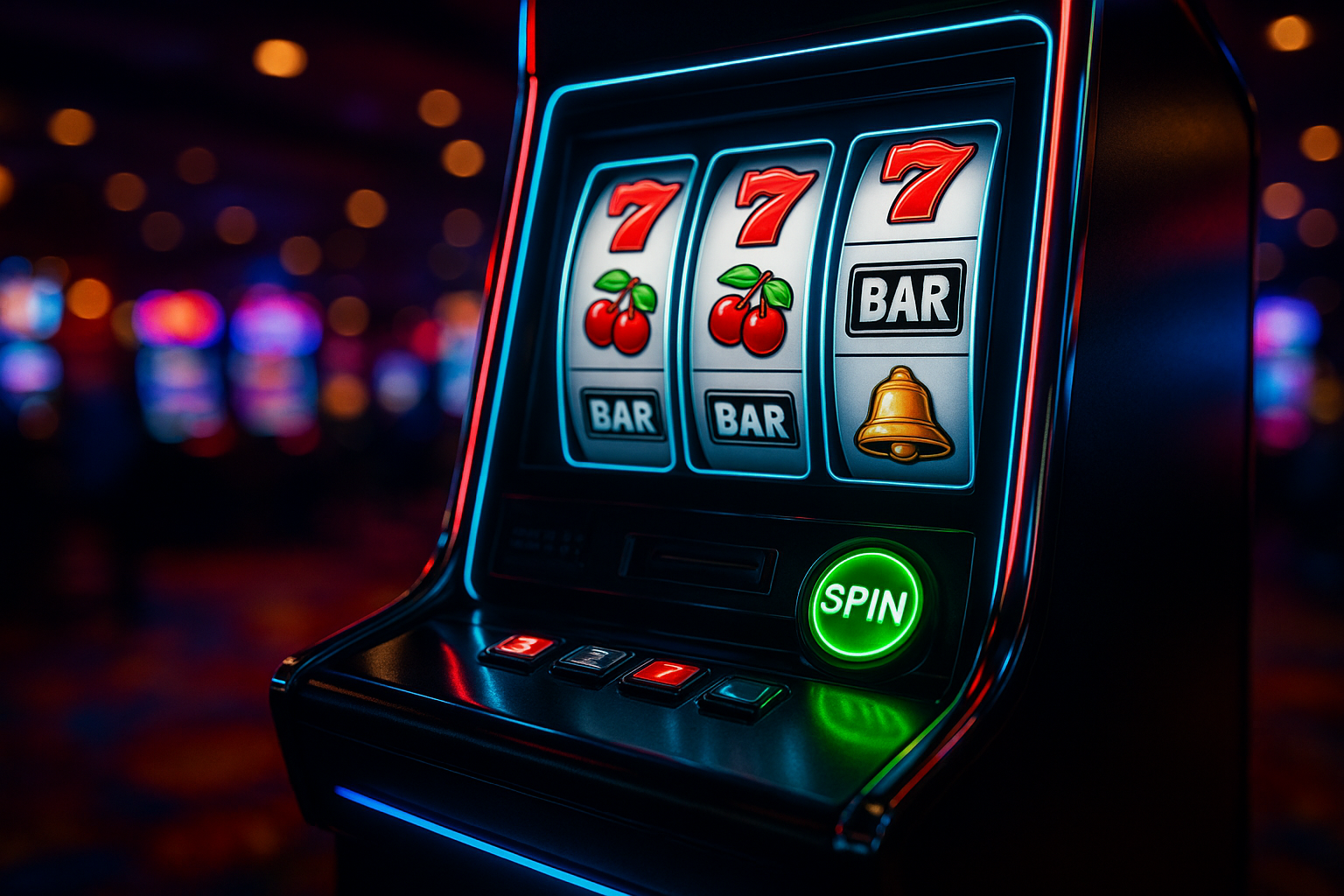
 Latest News6 days ago
Latest News6 days agoOperator-Exclusive Slots: Do Content Bundles Still Deliver ROI?









